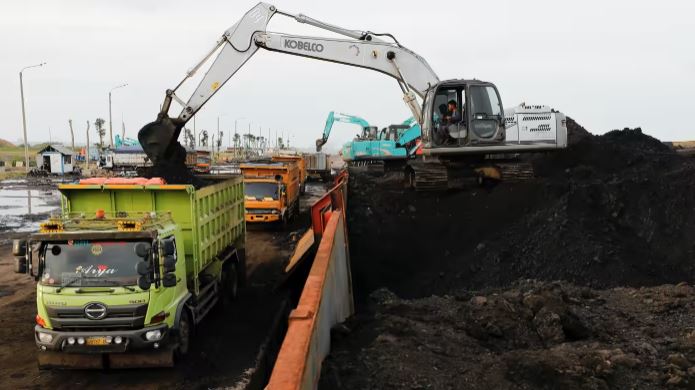The Japanese decision announced a month ago to cancel the construction of a coal-fired power plant in West Java seems to have originated on the Indonesian side. While global criticism of coal-fired power generation continues to grow, canceling the 1-gigawatt (GW) project is a bold move for a country at the forefront of the effort.
This project together with the government-backed power company PLN was touted by The Jakarta Post as part of PLN’s efforts to reach its zero-emissions goal by 2060.
It is important not to overlook the possible influence of questionable economics on a project’s functioning, given the large surplus of power supply in the Java-Bali grid after the installment of new power generation capacity far outpaced the consumption growth rate in recent years.
This project has yet to conclude, but its ultimate fate will serve as a measure of the government s resolve in ending its reliance on coal power, as will how fast it turns to cleaner alternatives when energy is still highly oversupplied.
Last year, Indonesia signed the Global Coal to Clean Power Transition declaration at the World Climate Conference in Glasgow. Energy and Mineral Resources Minister Arifin Tasrif announced the capital’s government’s plan to review the opportunity to address coal-fired power plants that have a total capacity of 9.34 GW before 2030 with funding support.
Selling the death of that job as being influenced by the energy change is implausible due to the fact that it was an ad-hoc decision instead of one assisted by a brand-new instructions of political preparation. Such a reversal would have to discover its means right into the government’s long-lasting electrical energy procurement plan (RUPTL), which is not the case– in the meantime at least.
Causing praise in some quarters and also certainly to apprehension in others, the relocation has come as a surprise to both camps and questions concerning the future of other projects.
Therefore, it causes complication for investors in coal as well as renewables alike. Cross-border sell electrical energy is an additional resource of complication. The Energy and also Mineral Resources Ministry announced in October in 2015 an arrangement authorized with Singapore for 3 solar energy jobs to be constructed in Riau Islands as well as electricity exports to the bordering city-state.
The step, the ministry pledged, would certainly not impact the residential supply of brand-new and also renewable resource (EBT). Yet that reasoning shows up to have altered completely in the months given that, with the Market Ministry proposing in June a restriction on EBT exports, arguing that such an action can discourage investment.
The government’s RUPTL is behind the curve, as funding alternatives as opposed to guidebook matter a lot more on the ground. While moneying for coal is slowly drying up in Indonesia, moneying for renewables is rarely gushing in.



